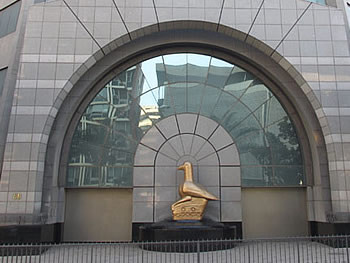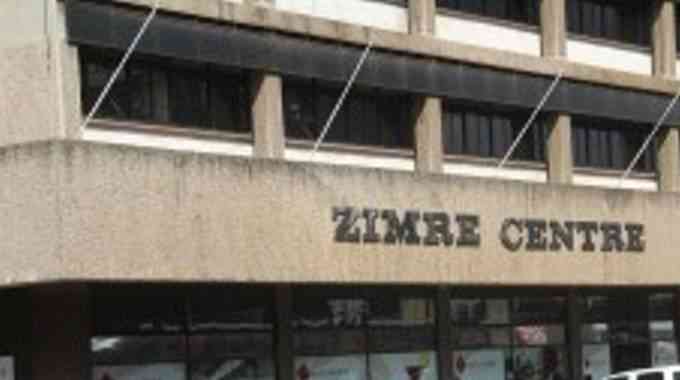
THE Reserve Bank of Zimbabwe (RBZ)’s foreign currency retention policy is now undermining efforts by mining firms to undertake expansion projects, businessdigest can reveal.
The central bank in February this year increased and standardised export retentions at 75% across all sectors, including for firms listed on the Victoria Falls Stock Exchange (VFEX). This means the government retains 25% of foreign currency receipts by exporters which it reimburses in local currency.
The apex bank uses money it takes from the exporters to buy drugs, fuel and other requirements.
But Chamber of Mines of Zimbabwe (CoMZ) president Thomas Gono told businessdigest in an exclusive interview that the policy was now a threat to the viability of the industry, which contributes over 20% to government revenue.
“The main issues undermining mining industry viability are power shortages and foreign exchange constraints. In the first half of 2023, most minerals recorded declines in output due to these challenges,” Gono, who is also Golden Reef Mining chief executive officer, said.
“Mining companies experienced regular and prolonged power outages during the first half of the year, resulting in production disruptions and output losses. Further, foreign currency retentions have been under pressure from emerging demands including payment of electricity bills wholly in foreign currency.”
He added: “Most suppliers of goods and services are now demanding payments exclusively in foreign currency. With most companies undertaking expansion projects, the available foreign currency is now inadequate to meet both the operation and Capex (capital expenditure) requirements.
“It is in this regard that the chamber will continue engaging government and authorities for adequate foreign currency that meets operational requirements and expansion needs of mining companies. We will also engage national power utility Zesa Holdings to guarantee mining operations adequate power at competitive electricity tariffs.”
- Zimbabwe needs to rethink economic policies
- Zimbabwe needs to rethink economic policies
- Forex demand continues to fall
- Digital platforms transfer ZW$8tn
Keep Reading
Last year, the CoMZ, which represents the country’s major mining firms, lobbied for retention levels to be reduced in order to meet increased demand for forex.
Other mining executives have also also raised the flag on the policy, calling upon the RBZ to reconsider its stance.
“The other issue is overall macroeconomic environment in terms of the discrepancy that we see between the rate at which we surrender 25% of the revenue that we generate and people that we buy from locally using the RTGS (real-time gross settlement) that we would have generated,” Freda Rebecca Gold Mine managing director Patrick Maseva-Shayawabaya told businessdigest last week.
“The two of them are usually quite divorced such that when you try and compare the two, you almost get the sense that you are getting approximately half of the US dollars that you surrendered when you buy locally.”
He added: “So, that's a big challenge for us because we're required to surrender 25% of our currency for RTGS, the 75% that then remains, is also inadequate to meet our requirements. The nature of our business is such that most of our inputs are imported.
“Yes, we understand the need for us to surrender foreign currency to the country but at the same time, we have got to continue in business so that we generate that currency and clearly the shortage of foreign currency is an issue for us.”
The mining sector is capital intensive and it requires huge amounts of funding.
However, sector players are finding it difficult to borrow from banks due to high interest rates.
Mining costs are projected to increase by 15% in 2023, with energy being the main driver, according to CoMZ. Zesa tariffs for miners, paid in United States dollars, went up by 40% last year, increasing pressure on the industry. According to the state of the mining industry survey report released in November 2022, most mining companies were undertaking expansion projects.
They indicated that they were planning to increase capital expenditure to US$1,02 billion this year.











